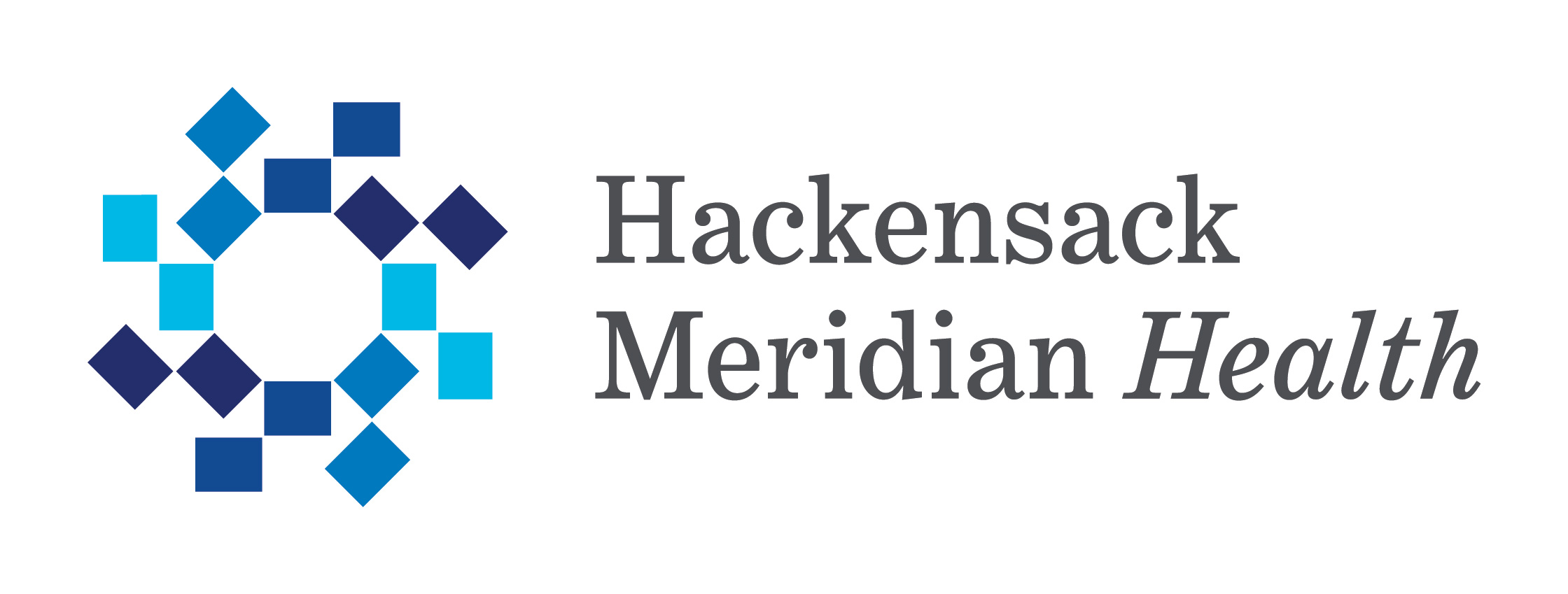The Food & Drug Administration granted full approval to a drug believed to slow the progression of Alzheimer’s Disease. Lecanemab, marketed as Leqembi, previously had conditional approval, but full FDA approval will likely make the drug more accessible to those suffering from Alzheimer’s Disease. The drug, Leqembi, received conditional approval from the Food and Drug Administration in January based on early results suggesting it could slow Alzheimer’s progression by several months.
A recent study published in the New England Journal of Medicine showed the drug, made by Eisai and Biogen, slowed the cognitive decline of patients in the early stages of Alzheimer’s Disease. Lecanemab is a monoclonal antibody that targets the amyloid protein, believed to play a role in the development of Alzheimer’s. Leqembi would be the first fully FDA approved treatment that attacks the amyloid protein, shown to slow the rate of cognitive decline in Alzheimer’s.
Full approval is significant because it opens the door to the drug potentially being covered by most Medicare plans. The Centers For Medicare & Medicaid Services (CMS) has announced they would cover lecanemab and other Alzheimer’s medications in appropriate settings once they have full FDA approval.The vast majority of Alzheimer’s patients are on Medicare, and would otherwise have to pay out of pocket around $26,000 for the treatment.
Manisha Parulekar M.D., Co-Director of Hackensack University Medical Center’s Center For Memory Loss & Brain Health, is encouraged by the slowing progression of Alzheimer’s Lecanemab offers, but says the treatment is not for everyone. Studies of the drug found some significant risks for brain swelling or brain hemorrhage. “Lecanemab shows a lot of promise for Alzheimer’s Disease. It appears to slow the progression of the disease giving families more time with their loved one. But it does need careful patient selection,” Dr. Parulekar said. “Many patients are not a good candidate for the drug including those at risk for brain bleeds. Taking the drug also involves a change in lifestyle.”
Lecanemab is administered by an infusion, and requires the patient to go to an infusion center every two weeks. Additional visits are needed for regular MRIs to monitor for brain bleeds. “It’s a big commitment and a change of lifestyle,” Dr. Parulekar said.
Hackensack Meridian Health was the first hospital system in New Jersey to offer lecanemab treatments. A patient was prescribed the medication in early March under emergency use due to rapidly progressing Alzheimer’s. “It’s too soon to determine its effectiveness, but this patient has experienced no side effects to date,” said Robert Stern, M.D., program director for Hackensack Meridian geriatric psychiatry fellowship training.
The health system has established a set of protocols to determine the right patients and monitor their safety. “With any medication it is important to have established protocols for administering it,” Dr. Stern said. “For lecanemab we have established a procedure of assessing the diagnosis, assessing treatment eligibility, administering the medicine, and closely monitoring for treatment safety and effectiveness.”
The physicians add as more research is being done, the medical community is working to fine tune the patient population this drug is a good fit for and how best to use it.
Doctors also warn this may only be part of the puzzle in unlocking Alzheimer’s Disease. “Alzheimer’s Disease is a very complicated disease,” said Gary Small, M.D., chair of psychiatry at Hackensack University Medical Center. “Targeting amyloid proteins is likely part of the solution, but there are other factors that play a role in Alzheimer’s Disease that likely need to be addressed by further studies.”
There is also another similar Alzheimer’s medication in trials that could soon get FDA authorization. Donanemab, by Eli Lilly has shown similar promise in slowing the progression of Alzheimer’s Disease.
Hackensack Meridian Health physicians are available to comment on these medications and the ongoing search for effective treatments for Alzheimer’s Disease.
